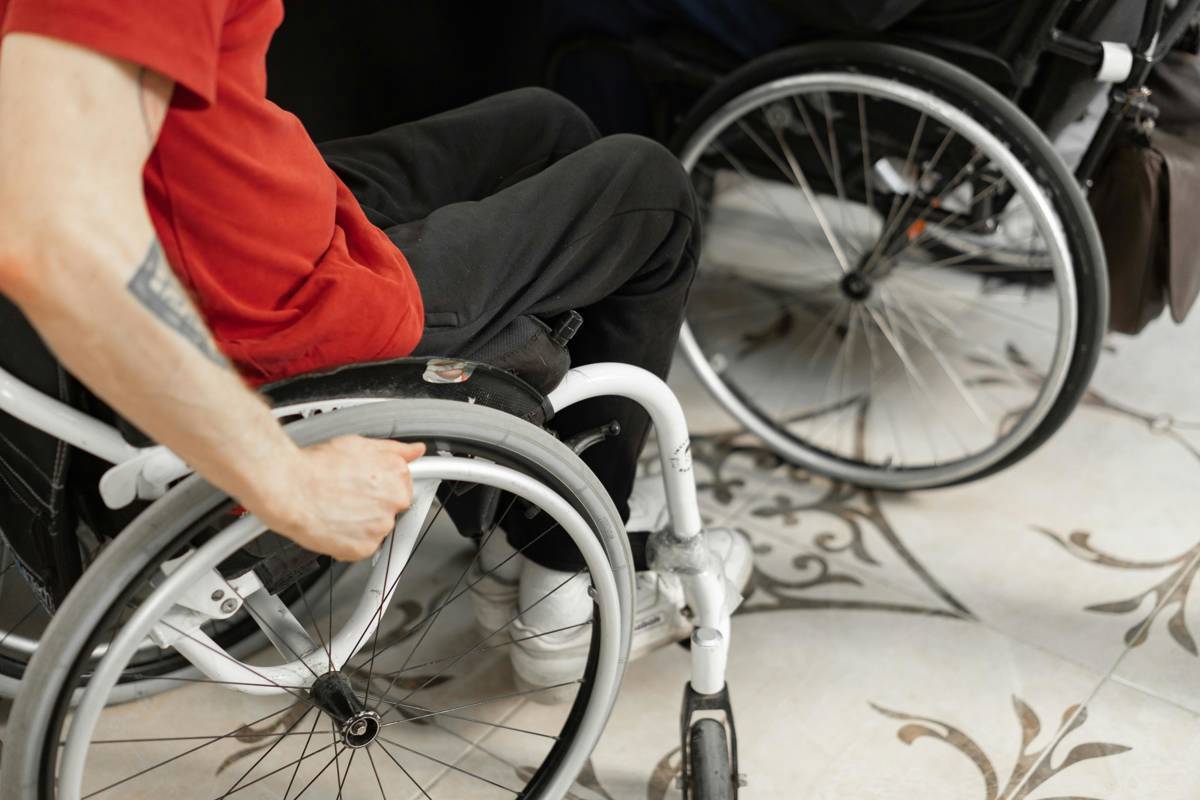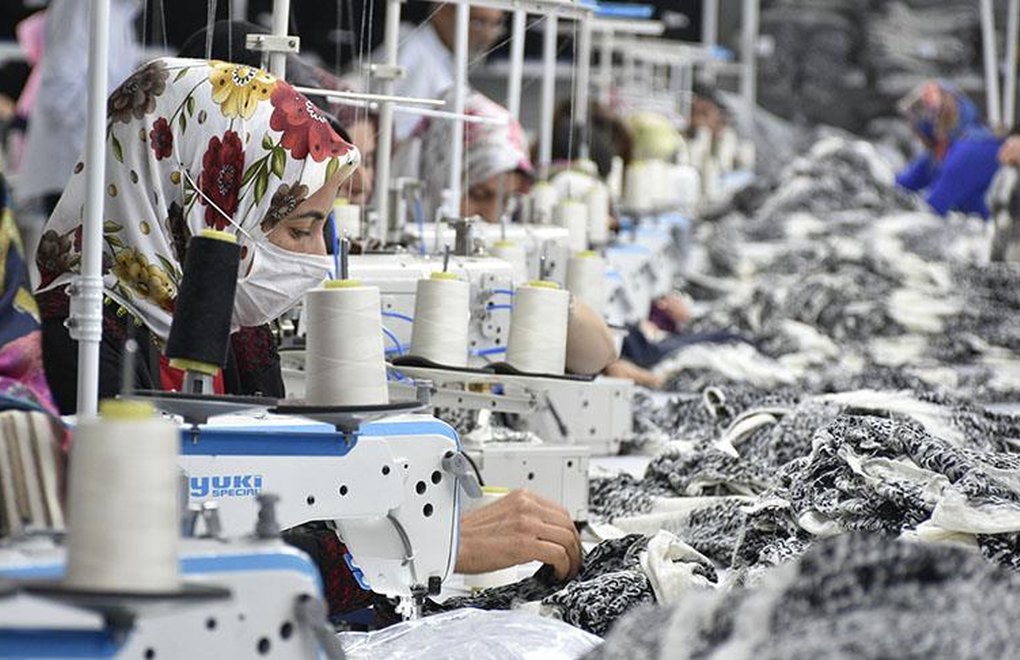The 2025 draft budget has been submitted to Parliament, where it will undergo multifaceted discussion until the end of December. Unfortunately, for Turkey’s 10 million disabled residents and their families, this budget lacks any significant, practical measures that could effectively address their needs.
In last year’s budget proposal, a 1.3% allocation was projected for disabled services, yet the proposal submitted to Parliament this year allocates only 1.2% of the 2025 budget for the disabled. This represents a total of 192 billion 206 million TL. In other words, no comprehensive measures are included in the 16 trillion TL central budget to address the societal challenges faced by this population.
For the 2025 budget, only two objectives are defined under the program “Participation of Disabled Individuals in Social Life and Special Education (ETHKÖEP).” The objectives are to increase “the number of disabled employees in public institutions” and “the number of individuals receiving formal special education.”
In a time when hundreds of thousands of educated but unemployed disabled people are actively searching for jobs, the allocation to hire only 1,000 disabled individuals in 2025 is, quite simply, a sign of disregard. This number even falls short of last year’s proposed target of 4,350 hires, indicating that the AKP government has begun its “cost-cutting” measures with services for the disabled.
Employment of disabled individuals in public institutions should not be seen solely as a labor policy but as a means to make the isolated disabled population more visible and ensure decisions about the disabled are made with their input.
There are still dozens of public institutions that have not met the legally mandated quotas for disabled employment. Additionally, hired disabled employees often face ongoing mobbing, marginalization, and exclusion. Urgent action is needed to address these issues and foster a more inclusive work culture.
Inadequate expansion of special education
The 2025 budget sets a target to increase the number of individuals receiving special education by only 5,000, with no separate budget program designated for the disabled. Given the socio-economic issues faced by this population, such a limited budget approach for just these two areas indicates that a comprehensive financial commitment to the disabled is still lacking.
Consequently, it is evident that the 2025 budget was not prepared with a perspective aimed at resolving disabled individuals’ problems in education, employment, transportation, and accessibility. The people behind this budget proposal offer no solution program for the disabled, over 90% of whom face poverty and unemployment in Turkey.
The budget preparation, presentation, and approval process does not include the perspectives or recommendations of disabled people, their families, or relevant NGOs, associations, and organizations. Without establishing a budget that directly addresses issues such as eliminating discrimination and violence against the disabled, improving accessibility, and safeguarding essential rights to life and health, equal citizenship for the disabled will not be achieved.
Immediate efforts must begin to create the infrastructure and institutional preparation necessary for a budget that will address the fundamental social issues of 10 million disabled people and their families. To support a public budget responsive to disabled services, this process requires specialized knowledge. Furthermore, preparing a budget to meet basic societal needs requires strong negotiations with relevant NGOs and associations. Funding for services to the disabled should be clearly allocated in both local and central budgets and should not fall below their 10% population share. (SO/VK)









